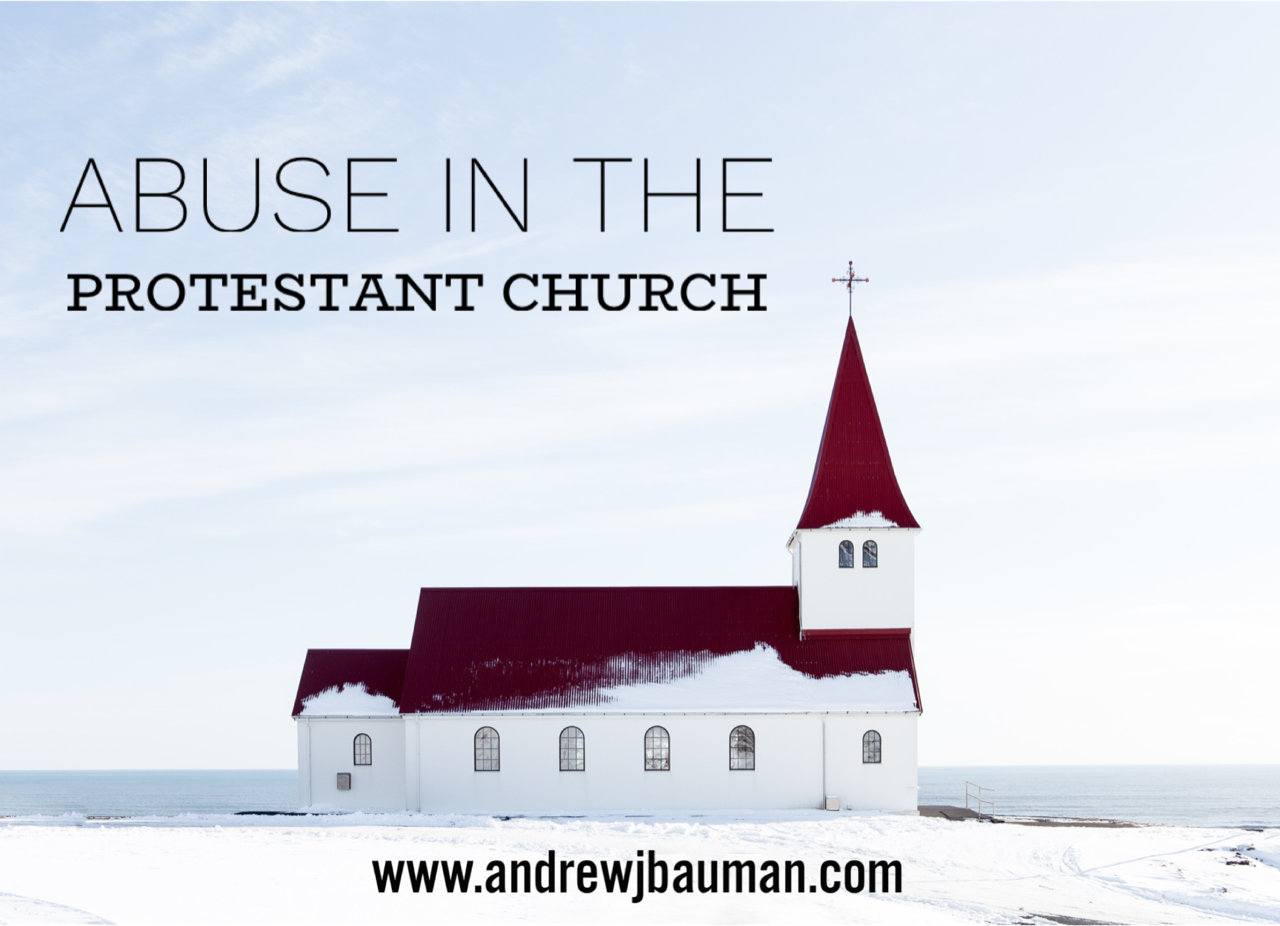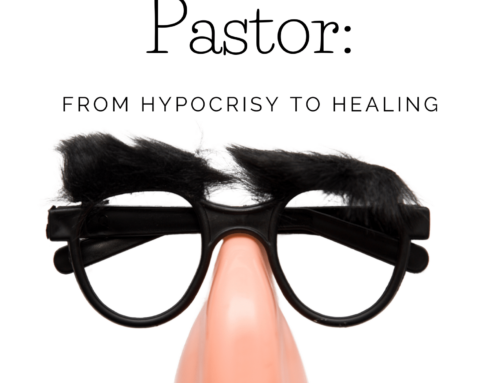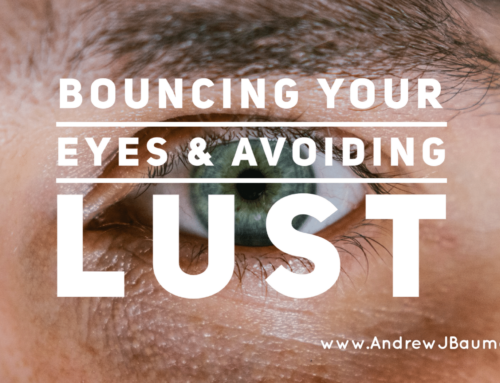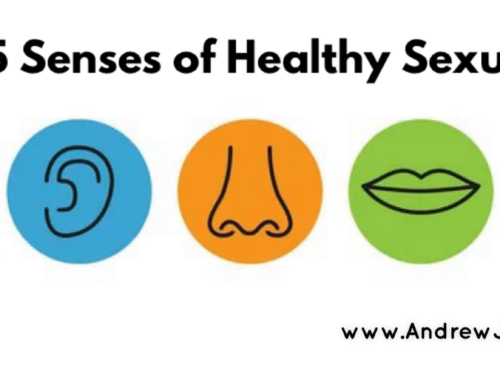Abuse in the Protestant Church is a serious concern that has caused immense pain and suffering for so many, especially women. I have spent the last year of my life listening to women’s stories for my dissertation and my newest book project called, The Elephant in the Church: What Women Can Teach Us About Sexism & Abuse in the Christian Community (EinC). These stories and the experiences I have heard are utterly heartbreaking. These abuses can take many forms, including subtle and not-so-subtle physical, emotional, sexual, and spiritual abuse.
One of the more common forms of abuse in the Protestant Church is sexual abuse. This can include sexual harassment, sexual assault, and even rape, as well as other forms of sexually inappropriate behavior. The EinC questionnaire of over 2,800 women who had experience working in the Protestant Church determined that 20.5% of women have suffered from sexual harassment or some form of sexual misconduct while serving in their ministry position and another 14.6% answered that it was “complicated,” meaning that 35.1% state yes or they have a complexity of sexual misconduct that may have taken place. There is a statistically significant (95% confidence level) association between years of ministry experience and sexism experience. So if you are a woman, the more time you have spent in ministry the more likely you are to experience sexism.
Many of these victims are abused by members of the clergy, who are trusted by their congregations and hold positions of great authority and power, as in many cases they represent God. This makes it difficult for victims to come forward and seek help, as they may fear retribution and payback or feel ashamed or afraid. Many of the women that I heard from did come forward to no avail and actually experienced more alienation and abuse from former friends and confidants. Many times, these men in high-powered positions are masterful at gaslighting and making sure their public persona is so sharp that people have a difficult time imagining their dark side.
Another form of abuse that is all too common in the Protestant Church is emotional abuse. This can take many forms, including verbal abuse, manipulation, and forms of control. Abusers use a variety of tactics to induce fear, guilt, and shame to control their victims. In many cases, they use religious teachings and beliefs to justify their poor behavior, making it even harder for victims to speak out. Using scripture is an effective tactic to keep women silent and in line.
The effects of abuse in the Protestant Church on the women I interviewed have been long-lasting and brutal. Many of the victims have experienced physical and emotional trauma, as well as mental health issues such as depression, anxiety, and post-traumatic stress injuries. Some of the women I spoke to were in intensive therapy and recovery for years due to the abuse they received. Even years later, many still struggled with feelings of shame, guilt, and isolation from their prior communities, as many of these churches functioned like they were a part of a gang or something.
If you are a victim of religious abuse these feelings are normal and not your fault, but your abuser’s. He was driving the “car” and yes, you trusted him, but it was he who crashed it. You are dealing with the repercussions of his irresponsible, reckless driving. This doesn’t mean you are defective, but it does mean that you must tend to your wounded places and seek healing as well. I know it sucks for you, as it wasn’t your bad driving that got you here, yet abuse touches everyone who is in a relationship with it, including relationships with a religious institution.
To address the issue of abuse in the Protestant Church, it is essential that church leaders and members take a preemptive approach, as silence has only made the dark corners of the abusive environment even darker. We must start providing support and resources for victims in our churches, as well as implementing strong policies and procedures to attempt to prevent these abuses from happening in the first place. This also means holding abusers accountable for their actions and ensuring that they are not able to continue to victimize. That means not using terms like “Grace” and “Forgiveness” as licenses to continue to perpetrate abuse. I can’t tell you how many times I have heard, “Well, God forgives them, so we should too.” Forgiveness does not mean reconciliation or access to be able to continue to do evil.
We have a problem in our Church and those of us with power (mostly men, as they make up around 90% of Protestant Church pastor positions) are the ones that need to stand up and change this abusive reality. THIS IS NOT OKAY! This is not from God, but from the Evil one who wants to steal, kill, and destroy half of the church body from the inside out.






